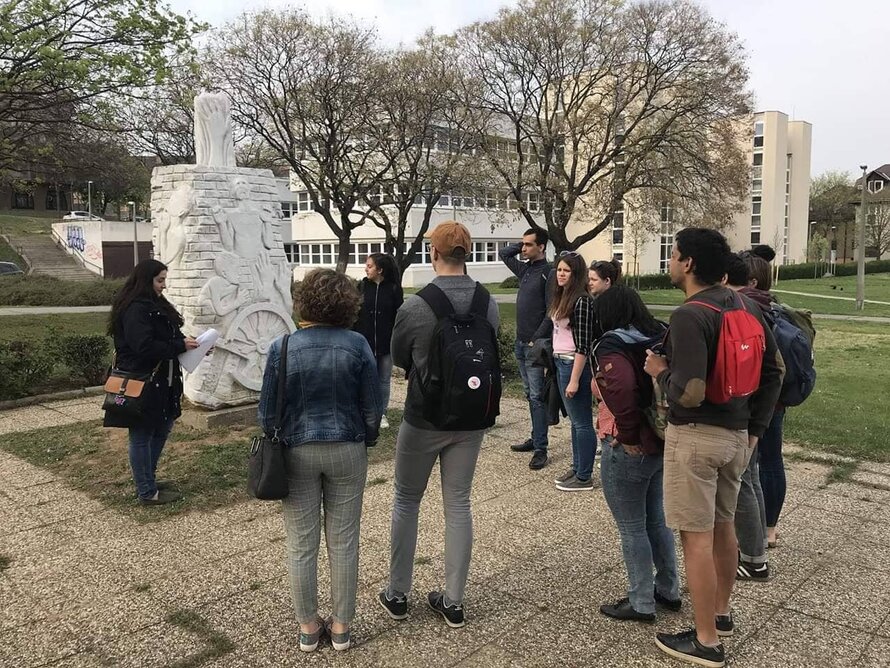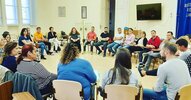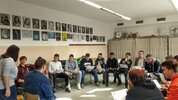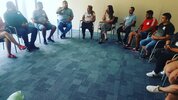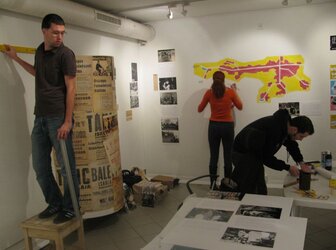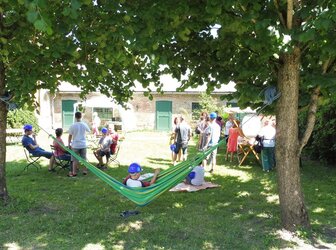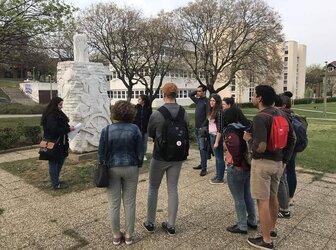Uccu Roma Informal Educational Foundation
Roma is the largest minority group in Hungary and in Europe. Despite a centuries-old shared heritage, discrimination, scapegoating and intolerance continue to seriously affect Roma people. In Hungary, as in other Roma populated countries within Europe, a lack of intercommunity ...
Read more
Project details
Description:
Roma is the largest minority group in Hungary and in Europe. Despite a centuries-old shared heritage, discrimination, scapegoating and intolerance continue to seriously affect Roma people. In Hungary, as in other Roma populated countries within Europe, a lack of intercommunity interaction and knowledge of the history and cultural heritage of Roma people is the main cause of intolerance. To tackle this widespread issue, the Roma Informal Educational Foundation undertakes several educational workshops in Hungary, focusing on four cities, namely Budapest, Pécs, Miskolc and Ózd. The Foundation offers eight different educational modules related to cross-cultural sensitivity and the intangible cultural heritage and history of Roma. The most popular of these activities is the walking tour which takes place in the 8th District of Budapest and in the city of Pécs. The 8th District in Budapest has historically been populated by Roma people and was often considered unsafe by non-Roma people. These interactive tours – in English and in Hungarian – invite the participants to discover the district and their link to the cultural heritage of Roma. The success of the tours has led to this becoming the Uccu Foundation’s first social enterprise. Young members of the Roma community, aged 18-35, are also trained by the Foundation’s staff to moderate and facilitate workshops in primary and secondary schools throughout the country. The moderator in each case encourages an open intercultural dialogue between the participants and introduces them to Roma culture, through history, art and heritage, with the goal of eliminating misconceptions. One of the most important long-term impacts of the initiative has been the personal development of the young Roma volunteers. The programme places an emphasis on providing young Roma people with useful work experience and encourages them to feel proud of their rich heritage, which in turn builds their self-esteem.
